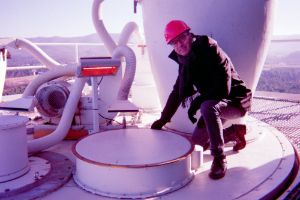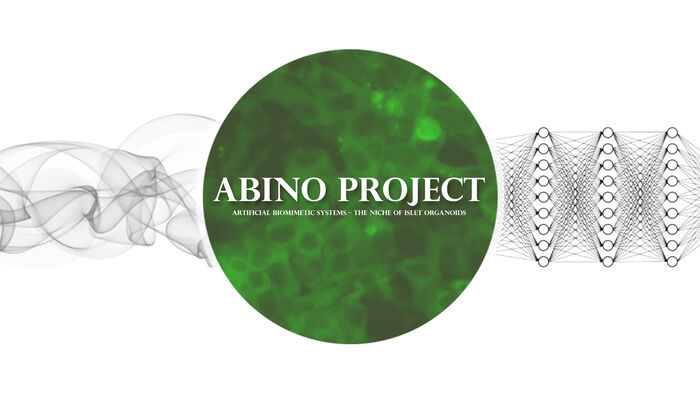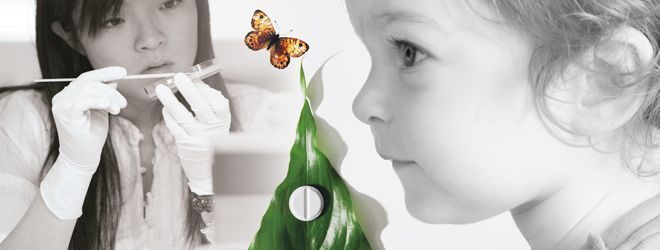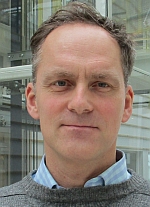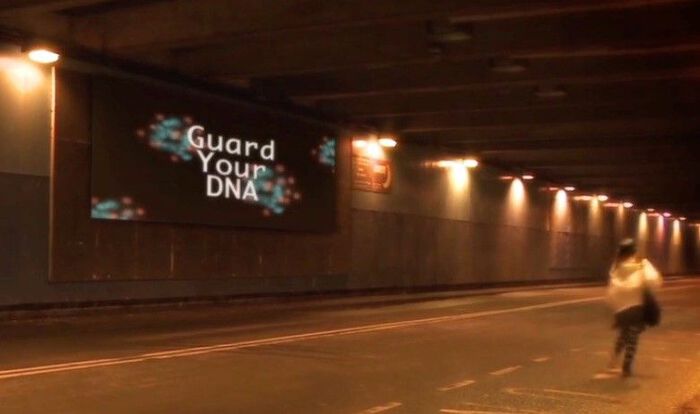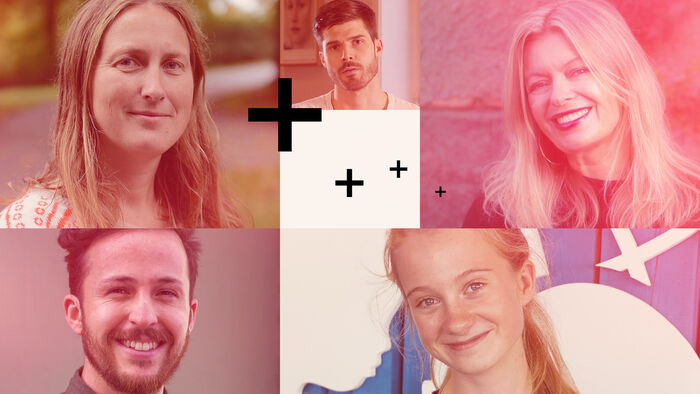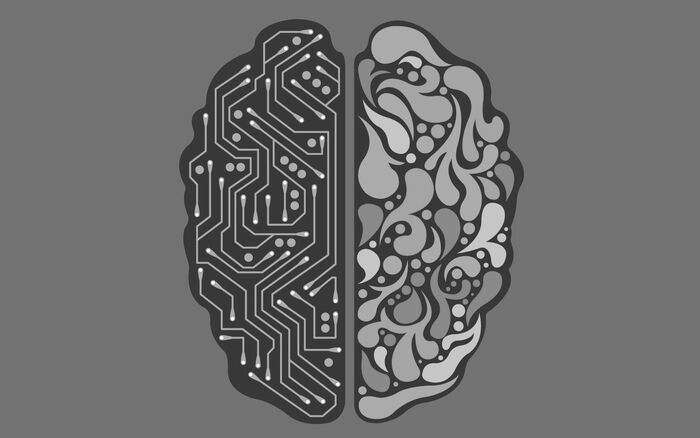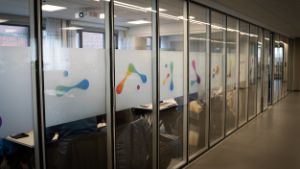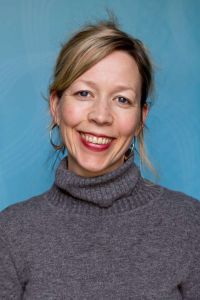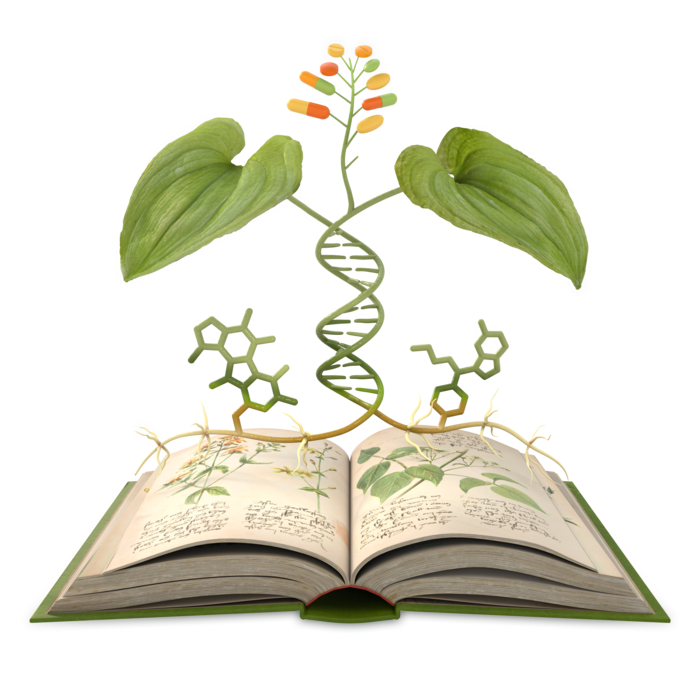Previous events - Page 111
Welcome to our GEOHYD Lunch Seminar Friday 19th of February @ 12:15 via videolink using Zoom. The seminar is helt by Kolbjørn Engeland, NVE.
Stefano Andreon, INAF-OA Brera in Milan (Italy)
This event includes popular science talks by the research fellows of the ABINO project with expertise in biology, musicology, and physics.
There will be organised two workshops for potential applicants to new convergence environments. The second one will be 2 March. Participation in one of the workshops is mandatory for submitting an application.
Title: Building blocks of a model for the Arctic Ocean circulation: or how the Arctic Ocean kind of works like the atmosphere
Speaker: Pål Erik Isachsen, Department of Geosciences, UiO
Get out of bed and join us for a morning coffee to kick off your day.
We invite you to join scientists and philosophers from the UiO:Life Science convergence environment 3DR to discuss the clinical and biological challenges that come with the ethics of organ donation in Norway, and discover our source of inspiration to improve organ preservation for donation: the crucian carp inhabiting Norwegian ponds. This online seminar will include short presentations, a discussion and various activities (polls and Q&A sessions).
The ultimate boundaries of human reproduction lie at the limited availability of egg and sperm. The ability to create sperm and eggs in the laboratory opens up a new world of reproductive possibilities. Imagine a world in which same sex couples can have babies genetically related to both partners. Where the menopause no longer spells the end of a woman’s fertility. Where any individual, of any age, can produce both sperm and eggs.
Mental disorders are recognized as leading causes of disability and morbidity globally, and are among the costliest disorders to affect humans. The causal underpinnings of these disorders is a complex web of genetic, biological and psychosocial mechanisms. Recent advances in technology and computational techniques can help disentangle this complexity, leading to a further understanding of the conditions and subsequently better strategies for treatment and prevention.
C*-algebra seminar talk by Amine Marrakchi (Lyon)
We look at the climate crisis in a Hamlet perspective.
In the last decade, artificial intelligence has surpassed humans in among others the games of Go and Starcraft. Many researchers believe it's only a matter of time before we make an artificial intelligence that is smarter than humans in all areas. Most famous of these is Ray Kurzweil who predicts this will happen before the year 2050. But will this intelligence be conscious? What are the implications if it is or not? We invite to a panel discussion where these and other questions will be discussed.
The coronavirus caused the whole of Norway to shut down in the spring of 2020. What consequences has it had for the everyday life, leisure and household of most people? Has it had any effect on the climate and the economy? And what are the long-term consequences? When will life be like before the closure, or will it be?
Computational thinking are by some defined as the capability to resolve problems algorithmically and logically, including skills related to representing, organizing and identifying patterns in data. This may be seen as leaning in a direction of discrete and observable processes. The Norwegian translation to "algoritmisk tenkning" can be read even clearer in the direction of defining explicit, deterministic instructions to achieve a well understood outcome. At the same time, computational thinking is not only promoted as a means to allow the development of concrete code/algorithms, but also as a way of thinking constructively about phenomena in a variety of fields. And it is clearly not the case that all phenomena in nature and society only involve discrete, directly observed entities - to the contrary, many relations and processes we may be interested in are continuous and probabilistic in their nature, where we have to constructively relate to risks, uncertainties and underlying patterns. An interesting question is whether the ability to devise algorithms to solve well defined problems and the ability to relate constructively to questions in an uncertain world should be seen as two aspects of the same skillset, or as separate skills that are cultivated through separate learning experiences.
At this digital seminar PhD students, postdocs and Master´s students in life sciences at UiO and NMBU have the opportunity to create networks outside academia.
Late Lunch Talk by Rita Austin
The Information System Seminar Series features Kristin Bergtora Sandvik, Research Professor in Humanitarian Studies, PRIO & Professor, Faculty of Law, University of Oslo
The concert can unfortunately not be performed due to current corona measures and has therefore been canceled. "The Lapse of time" oratorio of excerpts from Charles Darwin On the Origin of Species composed by Bjørn Morten Christophersen was to take place in Frogner kirke.
While philosophers have investigated the topic of consciousness for thousands of years, empirical research has only been a focus for the last decades. But in this time, what have we really learned about our internal experience of the world? We invite to a series of lectures focusing on how we investigate consciousness empirically, what we have discovered, and where the road goes next.
Using COVID-19 as an example, we focus on the role of life sciences in understanding and solving global societal challenges. What experiences have we gained one year after the pandemic started? Which research projects are implemented within the life sciences to prevent new pandemics in the future? What measures can we take to be prepared for a new global pandemic? And what efforts are taken to stop the COVID-19 pandemic globally?
Plants have been used for 1000s of years in the treatment of human diseases, though this historical knowledge is often lost. Our interdisciplinary research group uses Nordic historic texts and archaeological remains as inspiration to ‘rediscover’ what plants have historically been used to treat disease.
This topic will be presented by Geir Horn
Seth Saltiel (Lamont-Doherty Earth Observatory): How can subglacial seismicity constrain bed conditions and mechanics?: experimental exploration of ice slip on soft beds
Hylleraas seminar, hosted in Tromsø
